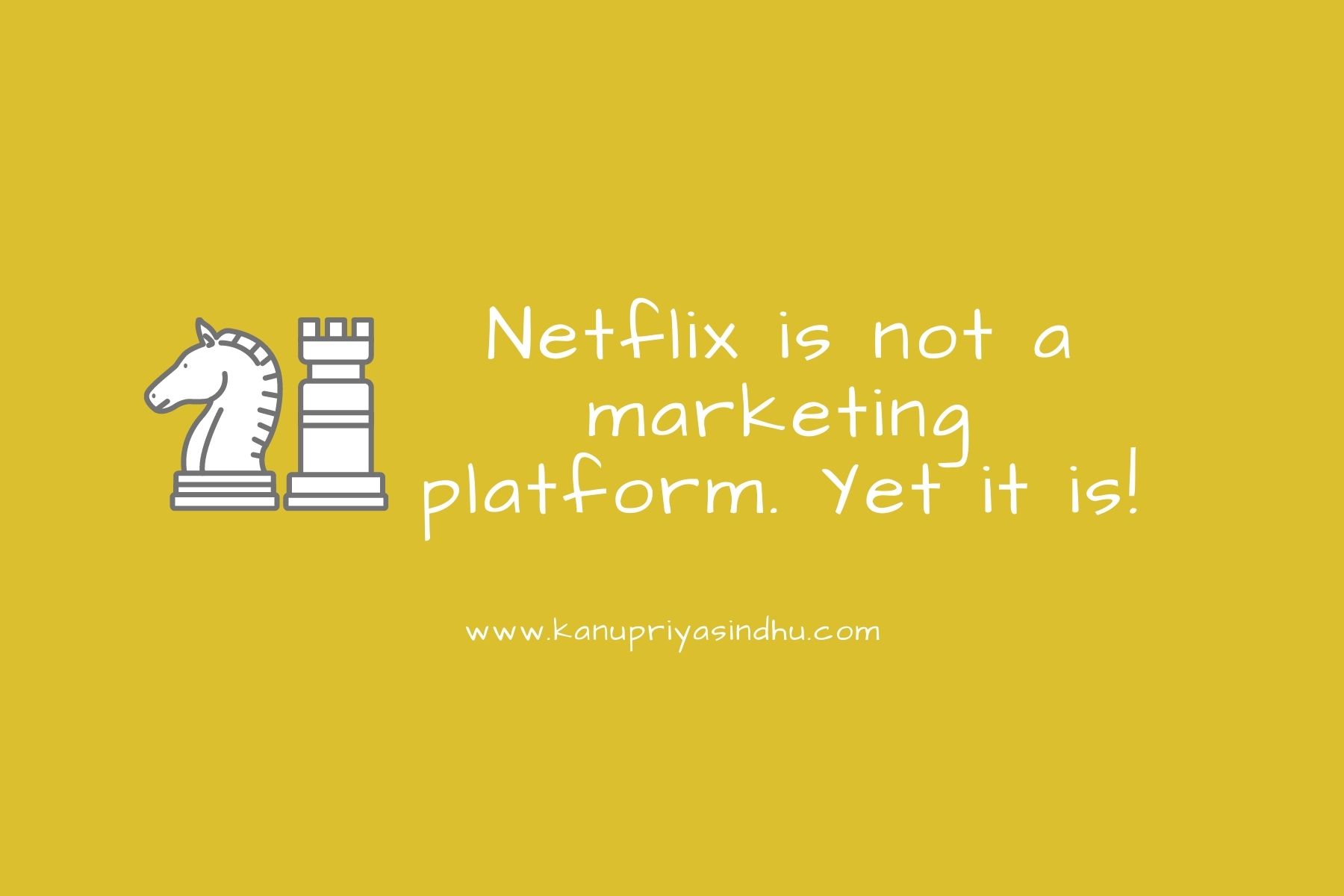Few months back, I remember referring to a very popular review site for reading some resort review where I was going to stay for a weekend trip. After seeing so many good reviews over there, I felt positive about that resort, the snaps posted were also quite nice and so made my bookings for two nights immediately. Well, the real pleasure came when we landed at the resort. There was a huge difference between the virtual projection and the actual experience. The resort was really shabby with hopeless customer service. Food was bad and unhygienic and the overall cost of stay was nowhere justified by the service. Infact a few kilometers away, there was another resort which looked promising enough but alas I couldn’t shift to this resort as I had already made my payment to this earlier one and at no condition, he was willing to return the same. On my way back I stopped for lunch at this second resort and while talking I asked the manager as to how come they have negative reviews on this review site whereas this other hopeless resort is having so many positive reviews and comments? He immediately replied back, “madam, don’t trust these review sites, the manager of other resort knows that you people in Bangalore refer to review sites and blogs before going ahead for a weekend drive and hence he himself goes ahead and writes lots of positive reviews about his resort and criticizes others through different ids”!
Well, this is not something new which I would have heard recently. Many other companies are facing this issue as well i.e., competitors bad mouthing them in online space through multiple dummy user ids by writing negative reviews or criticizing services and thus creating bad imagery in the market. Marketers are playing around with user generated content to the best of their advantage. There are many companies who have hired professionals to do reputation management (oh yeah now-a-days there is a full fledged profession with this fancy name) for them in online space. To my utmost surprise, there are specialized reputation management agencies these days who contact me for managing the brand reputation of my company in online world and if you ask what all they can do, you get one standard answer – write positive pages about your company and negative about your competitors. I can somewhat understand positive pages about own company but negative pages about others as competitors…hmmm quite a misguiding strategy I must say.
In today’s net addicted era wherein most of the consumers are actually spending majority portion of their lives with laptop and internet, user generated reviews play a huge role in creating an image or perception of any brand. Before making a purchase decision, almost all educated consumers these days check internet to get some reviews or feedback of the product. These review sites act as one of the key influencers in any buying behavior as the general impression is that a sales man will always try to hard sell the product by only highlighting the positives of any product whereas normal consumer feedback will give some genuine views about that product. Considering the trust and faith which a user places in these contents, I think such misguiding strategies are absolute felony. Most importantly it’s not only that particular product but in the long run even those review sites are going to suffer by such acts. If there will be no credibility of content who would like to visit that site again? Not sure if it’s possible to take any step in this regard in India but sites like mouthshut, techtree, indiareview should definitely think of some strategy to counteract the same in future. As far as I as a user am concerned, I now definitely don’t trust the reviews of products on sites like mouthshut etc. esp. if there are only good reviews about any product 🙂






Recent Comments